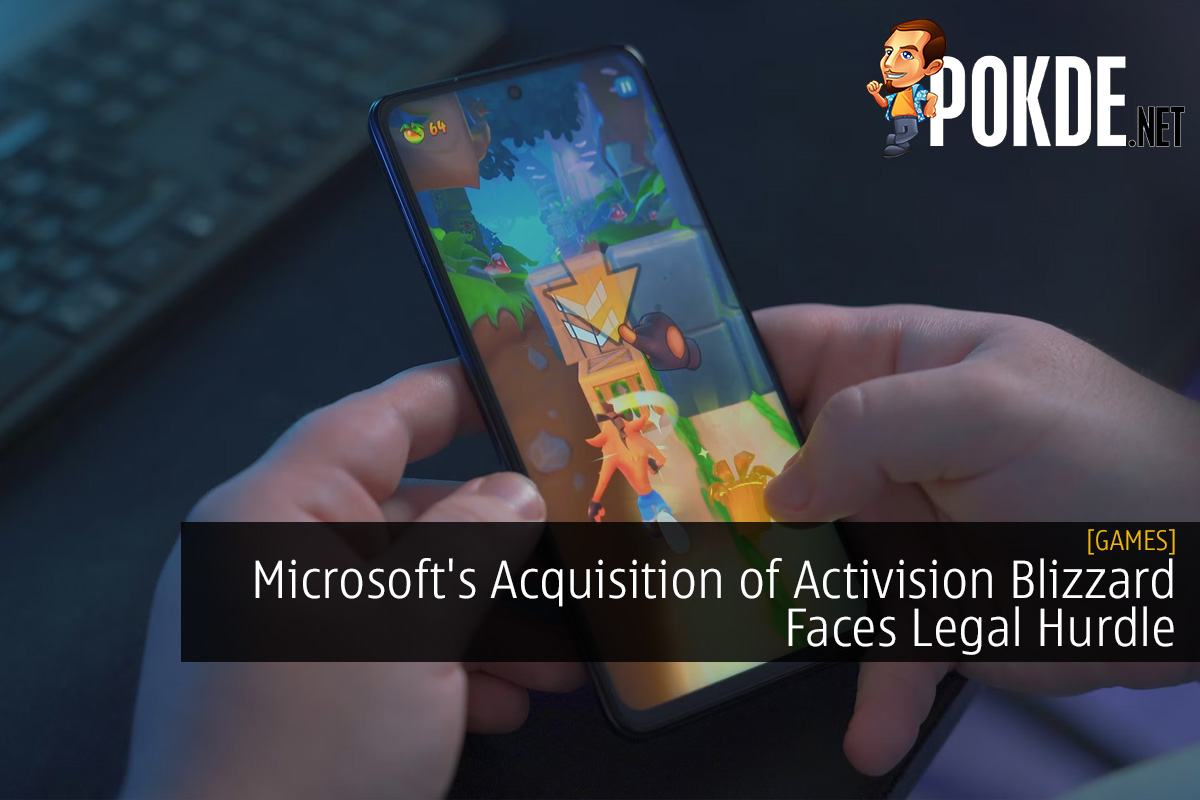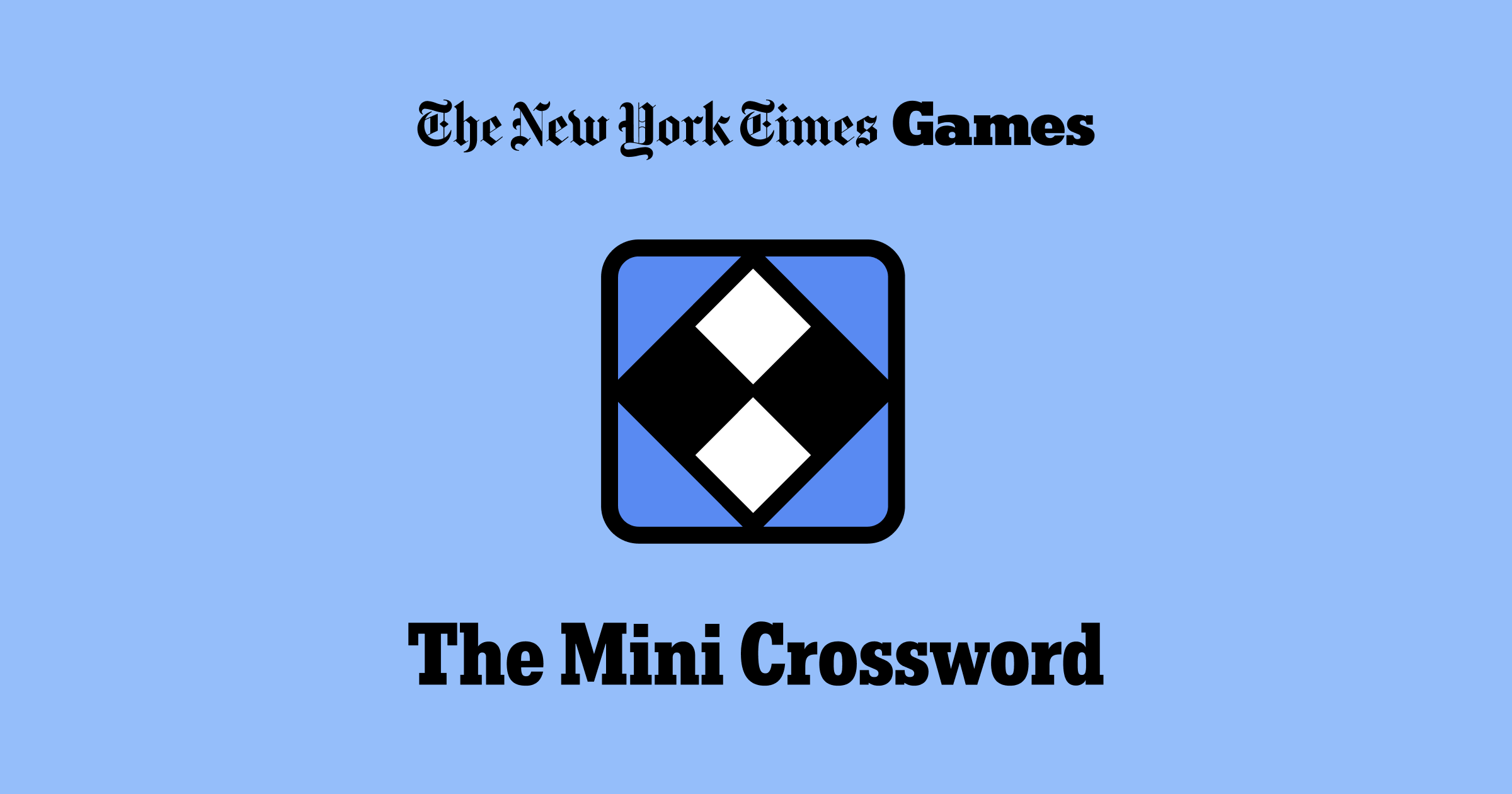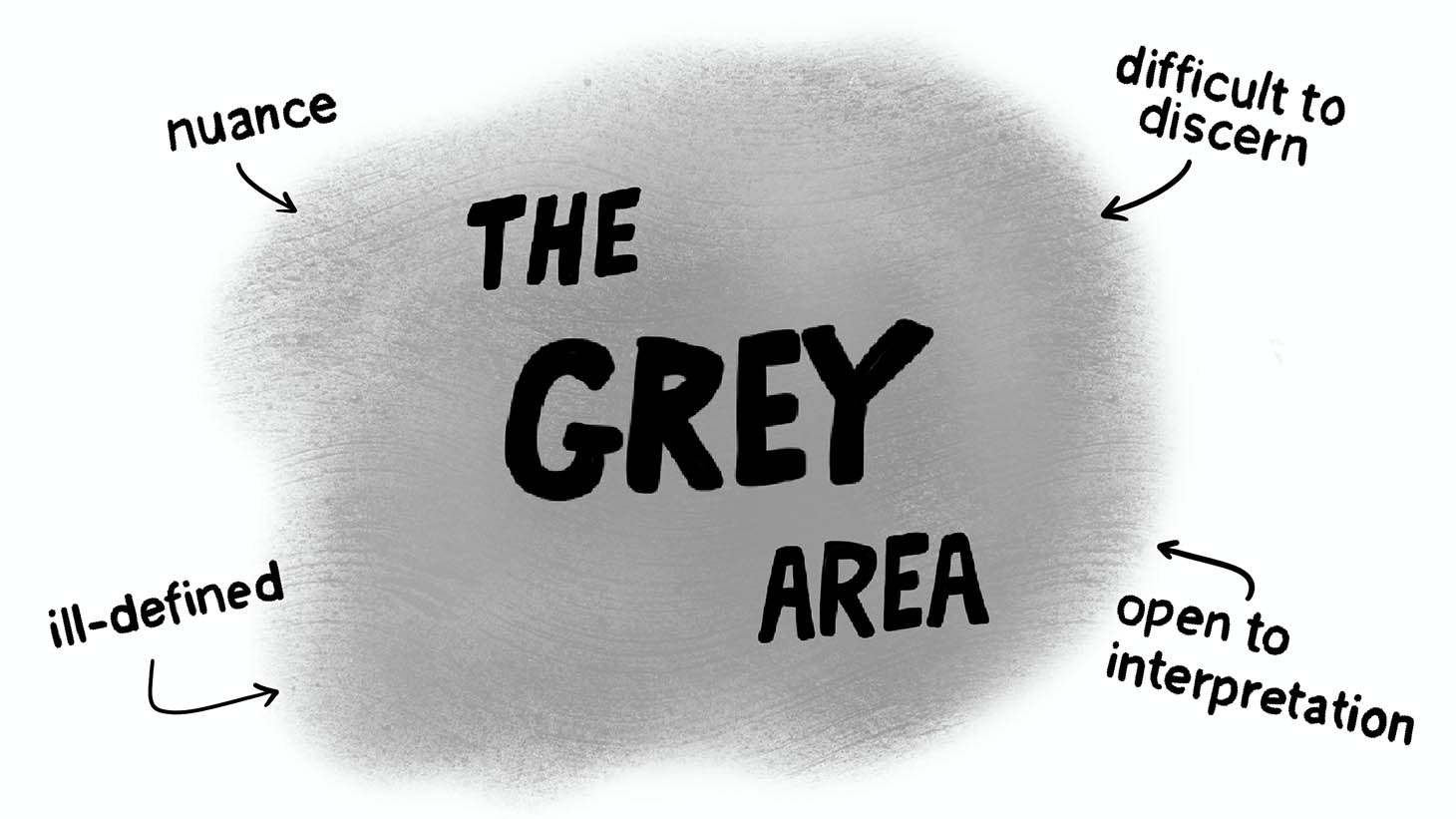FTC Challenges Microsoft's Activision Blizzard Purchase: A Legal Battle

Table of Contents
The FTC's Concerns Regarding Anti-Competitive Practices
The FTC alleges that the Microsoft Activision Blizzard merger would stifle competition in the gaming market, particularly concerning the immensely popular Call of Duty franchise. Their core argument centers on the potential for Microsoft to leverage its ownership of Activision Blizzard to create an unfair advantage, harming consumers and competitors.
-
Reduced competition could lead to higher prices for gamers. By controlling a significant portion of the market, Microsoft could theoretically raise prices for games, subscriptions, and in-game purchases without facing meaningful competition. This could disproportionately affect players of popular titles like Call of Duty, World of Warcraft, and Candy Crush.
-
Less innovation and fewer choices for consumers. A less competitive market often leads to decreased innovation. Without the pressure of competition, Microsoft might have less incentive to invest in developing new and exciting games or features. Consumers could also face fewer choices in terms of gaming platforms and subscription services.
-
Potential for Microsoft to leverage its ownership of Activision Blizzard to exclude rivals. The FTC worries that Microsoft could make Activision Blizzard games exclusive to its Xbox ecosystem, denying players on other platforms access to popular titles. This tactic, known as "exclusivity," could significantly harm competitors like PlayStation and Nintendo.
-
Concerns about the impact on cloud gaming services. The FTC also expresses concerns about the potential impact on the burgeoning cloud gaming market. Microsoft’s Game Pass subscription service, combined with Activision Blizzard's extensive catalog, could create an insurmountable barrier to entry for other cloud gaming providers.
The FTC's case relies heavily on demonstrating the potential for anti-competitive behavior, using examples and data to support their claims. Their focus on Call of Duty's immense popularity and its potential for exclusivity underlines their central concern: the impact on consumer choice and market competition. The broader concerns extend to market concentration within the gaming sector as a whole.
Microsoft's Defense Strategy and Counterarguments
Microsoft has vigorously defended its acquisition, arguing that it will ultimately benefit consumers and foster innovation. They've presented a counter-narrative to the FTC's claims, focusing on their commitment to fair competition and continued support for other platforms.
-
Plans to bring Call of Duty to more platforms, including Nintendo Switch. Microsoft has pledged to keep Call of Duty available on PlayStation and even bring it to the Nintendo Switch, attempting to directly address the FTC's exclusivity concerns. This commitment is a significant part of their defense strategy.
-
Commitment to maintaining fair competition in the gaming market. Microsoft has repeatedly stated its intention to operate fairly within the gaming market and not use its newfound power to stifle competition. They have outlined plans to continue supporting other platforms and developers.
-
Increased investment in game development and innovation. Microsoft argues that the merger will lead to increased investment in game development, resulting in more high-quality games and more innovation within the industry.
-
Arguments regarding the expanding nature of the gaming market, lessening the impact of the merger. Microsoft highlights the expanding nature of the gaming market, arguing that its share, even after the acquisition, remains relatively small compared to the overall market size. This argument attempts to lessen the perceived impact of the merger on overall competition.
Microsoft's legal team has presented a strong defense, emphasizing the benefits of the acquisition and refuting the FTC's claims of anti-competitive behavior. They have actively countered the FTC's assertions and engaged in extensive negotiations to address some of the concerns.
The Potential Outcomes and Implications of the Legal Battle
The outcome of the FTC Microsoft Activision Blizzard legal battle will have profound and lasting consequences for the gaming industry and beyond.
-
Potential for the FTC to block the acquisition completely. This is a significant possibility, and would set a precedent for future mergers and acquisitions in the tech industry.
-
Possibility of a settlement that involves concessions from Microsoft. Microsoft might be forced to make further concessions to appease the FTC's concerns, potentially including stricter commitments regarding Call of Duty availability or other aspects of their business practices.
-
Impact on future mergers and acquisitions in the tech industry. This case will set a precedent that will heavily influence future mergers and acquisitions, particularly within the tech industry. Regulatory scrutiny is likely to increase.
-
Long-term effects on the competitive landscape of video game consoles and services. The outcome will significantly shape the competitive landscape of gaming consoles and services for years to come, affecting consumer choice, pricing, and innovation.
The various scenarios resulting from this legal battle will have a ripple effect across the entire gaming ecosystem. The precedent set will impact not only future mergers but also the overall regulatory approach to large-scale acquisitions in the tech sector. Historical precedents from similar cases will be crucial in predicting the final outcome.
The Role of Regulatory Bodies Globally
The FTC Microsoft Activision Blizzard merger is not just a US issue. Regulatory bodies in other countries, particularly the European Union (EU), are also scrutinizing the deal. The EU's approach may differ from the FTC's, leading to varying outcomes and potentially impacting the global strategy of both Microsoft and Activision Blizzard. The differing regulatory landscapes highlight the complexities of international mergers and acquisitions in the tech industry.
Conclusion
The FTC's challenge to Microsoft's acquisition of Activision Blizzard is a landmark case with far-reaching implications for the future of the gaming industry. The arguments presented by both sides highlight critical concerns about competition, market dominance, and the evolving nature of digital entertainment. The outcome will not only affect the fate of this specific merger but also set a precedent for future deals in the tech sector. To stay updated on the latest developments in this ongoing FTC Microsoft Activision Blizzard legal battle, continue to follow reputable news sources and legal analyses. Understanding the nuances of this case is vital for anyone interested in the future of gaming and the broader technological landscape.

Featured Posts
-
 Kartels Security Police Source Explains The Rationale Behind Restrictions In Trinidad And Tobago
May 23, 2025
Kartels Security Police Source Explains The Rationale Behind Restrictions In Trinidad And Tobago
May 23, 2025 -
 Find The Answers Nyt Mini Crossword Tuesday April 8 2025
May 23, 2025
Find The Answers Nyt Mini Crossword Tuesday April 8 2025
May 23, 2025 -
 Character Ai Chatbots And Free Speech A Legal Grey Area
May 23, 2025
Character Ai Chatbots And Free Speech A Legal Grey Area
May 23, 2025 -
 Jonathan Groff Could He Win A Tony Award For Just In Time
May 23, 2025
Jonathan Groff Could He Win A Tony Award For Just In Time
May 23, 2025 -
 Former Malaysian Pm Najib Razak New Allegations In French Submarine Case
May 23, 2025
Former Malaysian Pm Najib Razak New Allegations In French Submarine Case
May 23, 2025
